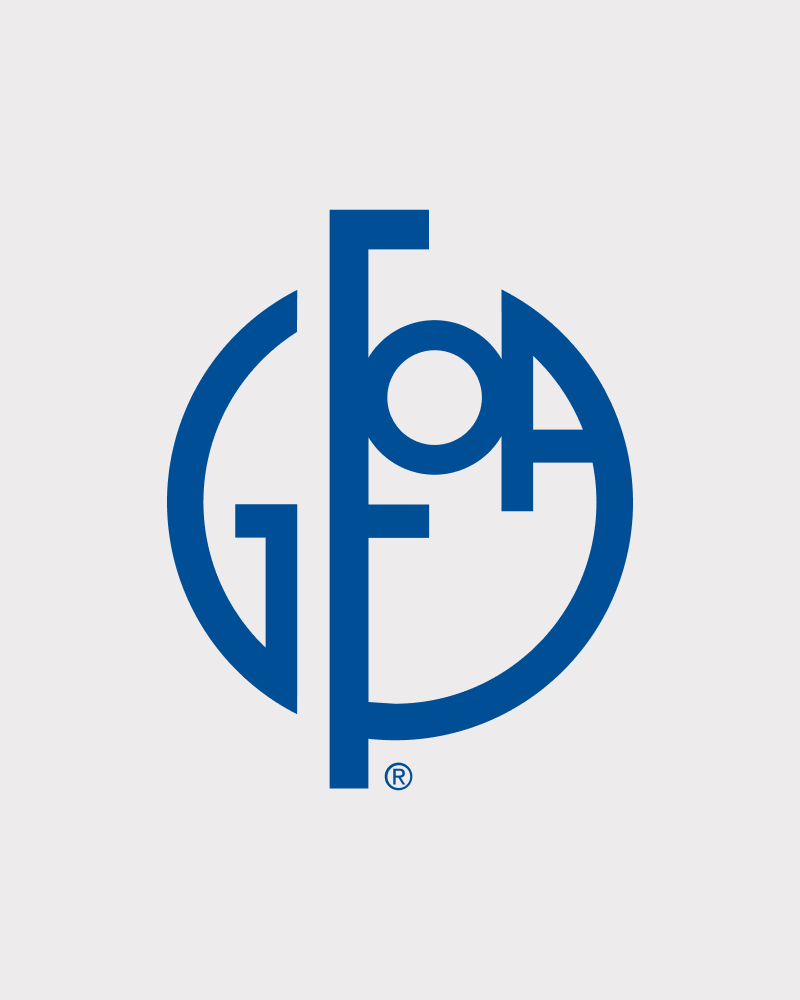Receivables and Handling Receipts in the Treasury Office
Treasury and Investment Management
Receivables and Handling Receipts in the Treasury Office
The GFOA recommends that governments should have written policies and procedures for invoicing and collection of revenues.
Board approval date: Friday, September 28, 2018

